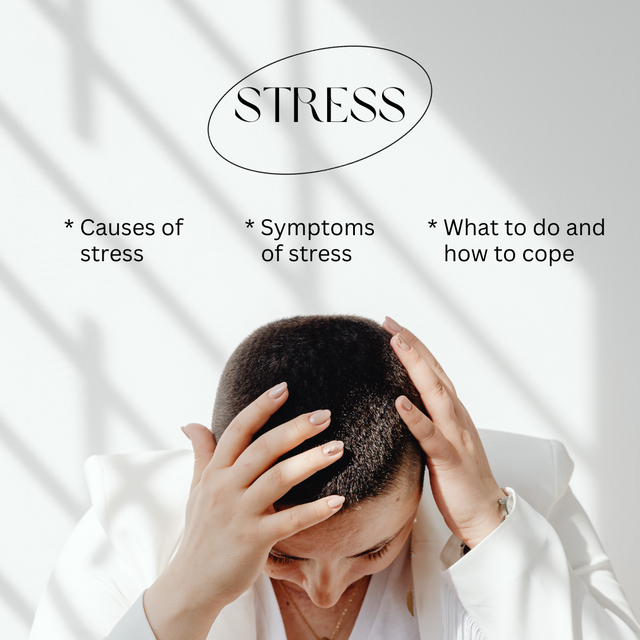
In the hustle and bustle of modern life, stress has become an unwelcome companion for many, affecting people of all ages and walks of life. While stress is a natural response to challenges, chronic or prolonged stress can take a toll on both mental and physical health. In this article, we delve into the reasons why stress is bad for you and explore its detrimental effects on overall well-being.
The Impact on Mental Health:
Chronic stress is a known contributor to mental health issues. It can exacerbate conditions such as anxiety and depression, making it more challenging for individuals to cope with everyday challenges. Prolonged exposure to stress hormones, such as cortisol, can negatively affect the brain's structure and function.
Weakening the Immune System:
Stress takes a toll on the immune system, compromising its ability to defend the body against illnesses. High levels of stress hormones can suppress immune function, leaving individuals more susceptible to infections, viruses, and other health issues.
Cardiovascular Consequences:
Stress has a profound impact on the cardiovascular system. Prolonged stress contributes to increased blood pressure, a risk factor for heart disease and stroke. Additionally, chronic stress may lead to inflammation in the arteries, further elevating the risk of cardiovascular problems.
Digestive Distress:
The gut-brain connection is a well-established link, and stress can wreak havoc on the digestive system. Stress may contribute to gastrointestinal issues such as irritable bowel syndrome (IBS), indigestion, and inflammation. Chronic stress can also disrupt the balance of gut bacteria, affecting overall digestive health.
Sleep Disruptions:
Stress and sleep are closely intertwined. Chronic stress can lead to insomnia and other sleep disorders. The inability to get adequate, restful sleep further exacerbates stress, creating a detrimental cycle that can significantly impact both physical and mental health.
Accelerated Aging:
The wear and tear caused by chronic stress can accelerate the aging process. Telomeres, the protective caps on the ends of chromosomes, tend to shorten more rapidly in individuals experiencing chronic stress. This acceleration in cellular aging is associated with a higher risk of age-related diseases.
Cognitive Impairment:
Stress can impair cognitive function, affecting memory, concentration, and decision-making. Chronic stress has been linked to an increased risk of neurodegenerative diseases, such as Alzheimer's, as it may contribute to the formation of brain-damaging proteins.
Impact on Reproductive Health:
For both men and women, chronic stress can have adverse effects on reproductive health. In women, it may contribute to menstrual irregularities and fertility issues, while in men, it can lead to decreased sperm quality and libido.
Conclusion:
While stress is an inevitable part of life, understanding its potential consequences is crucial for overall well-being. Chronic stress not only takes a toll on mental health but also poses a serious risk to physical health. Recognizing the signs of stress and adopting effective stress management techniques are essential steps in mitigating its harmful effects. By prioritizing self-care, seeking support, and embracing a balanced lifestyle, individuals can cultivate resilience in the face of life's challenges, fostering a healthier and more fulfilling life.
LOOKING FOR WAYS TO REDUCE STRESS?
Listen for free to: 23 Techniques to Relieve Stress, Stop Negative Spirals, Declutter Your Mind, and Focus on the Present
with a completely free 2 audiobook trial.